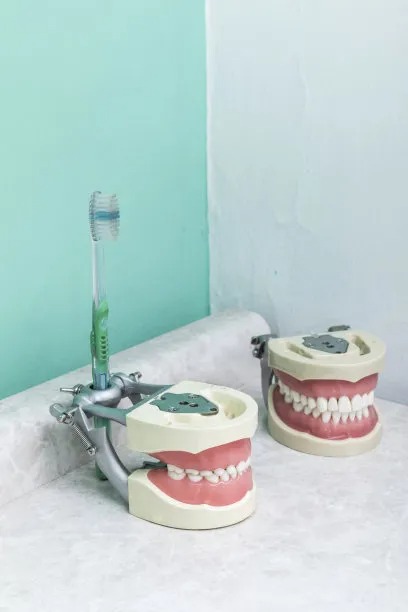Exploring the Benefits and Innovations in Dental Implants for Enhanced Oral Health and Quality of Life
Summary: Dental implants have revolutionized oral health, offering a reliable and durable solution for individuals suffering from tooth loss. This article explores the numerous benefits of dental implants, including improved oral health, enhanced quality of life, advanced innovations in implant technology, and the psychological impacts of restoring smiles. With an emphasis on long-term effectiveness and patient satisfaction, the following sections delve deeper into how dental implants are transforming lives and promoting better health outcomes.
1. Improved Oral Health Through Dental Implants

Dental implants provide a foundation for replacement teeth that look, feel, and function like natural teeth. They significantly contribute to oral health by preventing bone loss that typically follows tooth extraction. When a tooth is lost, the jawbone begins to shrink in the area where the tooth was, leading to further dental issues. Implants fuse with the bone in a process known as osseointegration, thereby preserving the integrity of the jawbone and preventing these complications.
Additionally, dental implants eliminate the need for removable dentures. Traditional dentures can interfere with the normal function of your mouth, leading to discomfort and difficulty in eating. Since implants function similarly to natural teeth, patients experience improved chewing ability and oral comfort, which can greatly enhance their overall health and nutrition.
Furthermore, dental implants require no alteration of adjacent teeth. This benefit allows patients to maintain their natural tooth structure and minimizes the long-term impact on their oral health, creating a more sustainable solution than bridges or partial dentures.
2. Enhancing Quality of Life with Dental Implants
The psychological and social benefits of dental implants cannot be underestimated. Losing teeth can dramatically affect an individuals self-esteem and confidence. Dental implants restore a persons smile and by doing so, they help in rebuilding confidence. Many patients express that their improved appearance encourages them to participate in social interactions, thereby enriching their social lives.
Moreover, dental implants help individuals return to enjoying their favorite foods without the fear of discomfort or embarrassment. Patients no longer have to limit their diet due to concerns over slipping dentures or the inability to chew. This flexibility contributes to a higher quality of life and overall satisfaction.
Finally, dental implants have been linked to better mental health outcomes. The restoration of a full mouth of teeth has shown to correlate with reduced feelings of anxiety and depression, resulting in a more positive outlook on life and overall wellbeing.
3. Innovations in Dental Implant Technology
The field of dental implants has witnessed tremendous technological advancements over the past few decades, making the procedure faster, safer, and more effective. One notable innovation is the development of computer-guided implant surgery. This technology allows for precise planning of the implant placement, minimizing surgical invasiveness and enhancing accuracy.
Another innovative approach includes the use of mini dental implants. These smaller, less invasive implants are particularly beneficial for patients with limited jawbone density. They provide a viable option where traditional implants might not be feasible, expanding access to dental restoration for a broader range of patients.
Furthermore, advancements in materials, such as titanium and zirconia, continue to improve the success rates and biocompatibility of dental implants. These materials are resistant to corrosion and help prevent gum infection, ensuring the longevity and durability of dental implants.
4. The Psychological Impact of Restoring Smiles
The restoration of teeth through dental implants goes beyond mere aesthetics; it plays a crucial role in mental and emotional wellbeing. Many individuals report enhanced self-image and confidence once they have received implants. The ability to smile freely and without hesitation has profound effects on social interactions and personal relationships.
Moreover, the psychological impact of missing teeth can lead to social withdrawal and negative self-perception. Implants serve as a remedy to this challenge, allowing individuals to re-engage in public life without the stigma often associated with tooth loss.
Finally, the comprehensive benefits of dental implants manifest in better quality of life and overall health. With a restored bite function and healthier oral hygiene, patients can focus on living fuller, more active lives free from the burden of dental compromises.
Summary:
Dental implants have transformed oral health, enabling individuals to reclaim their smiles and enhance their overall quality of life. The numerous advantages—ranging from improved oral health to revolutionary innovations—demonstrate the significant positive impact implants have on everyday living. The psychological benefits further solidify the importance of considering dental implants as a viable solution for tooth loss.
This article is compiled by Vickong Dental and the content is for reference only



